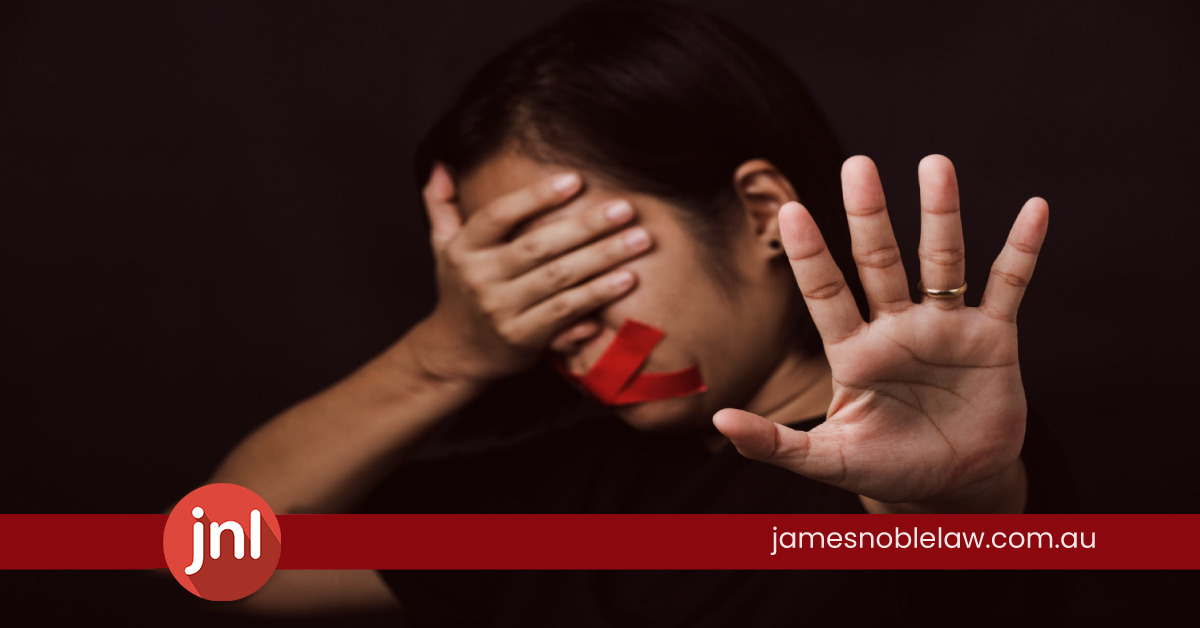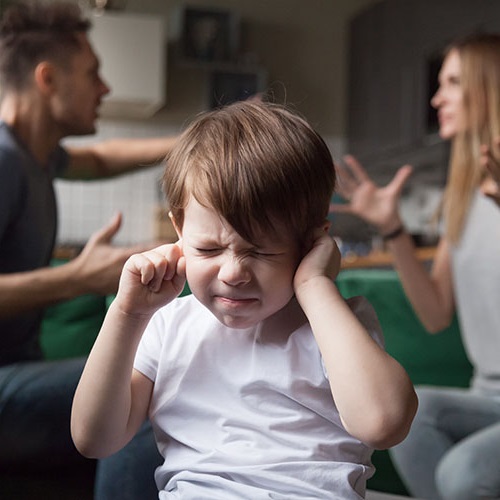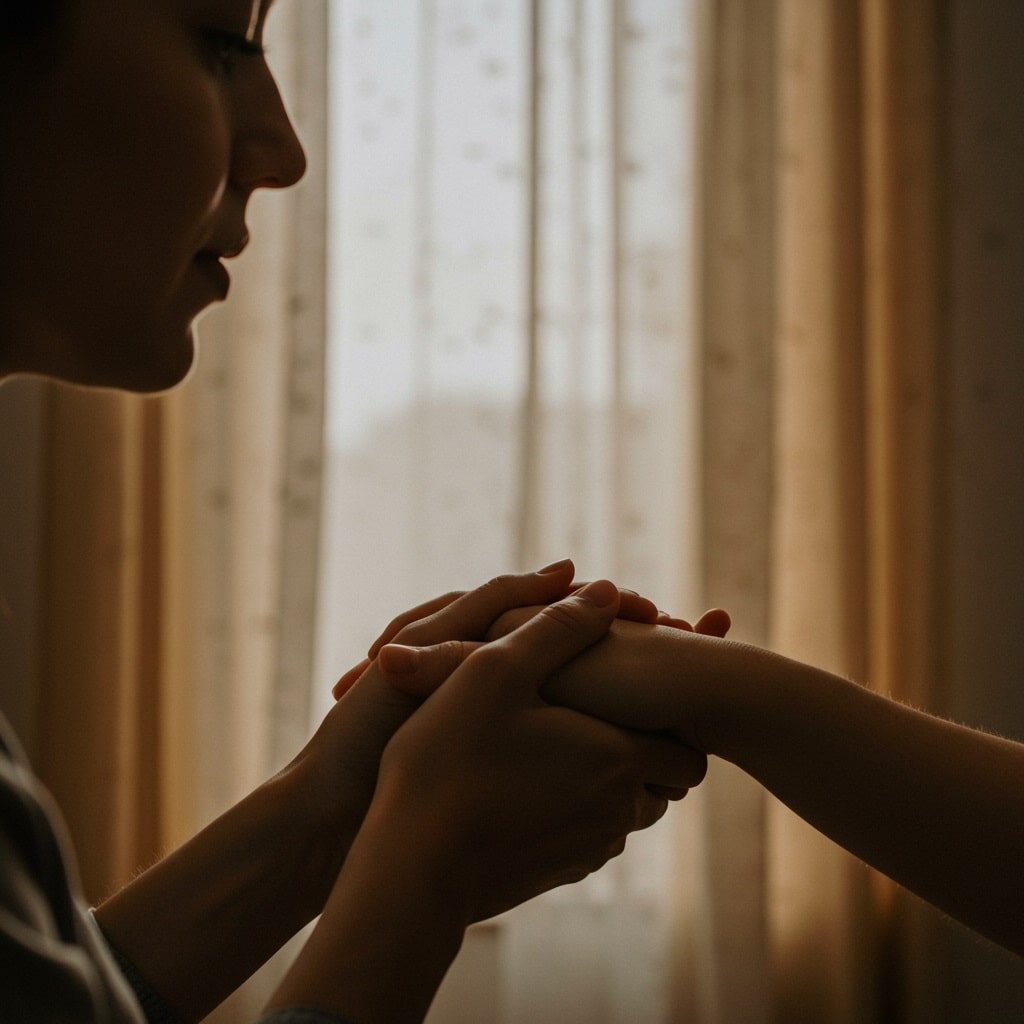
Family Violence and Abuse

Independent Children’s Lawyers (ICLs), like all family law practitioners, must be well-versed in the following:
- The Family Law Act 1975 and associated Family Law Rules
- The Family Violence Best Practice Principles of the Federal Circuit and Family Court of Australia and the Family Court of Western Australia
- Any relevant best practice guidelines and inter-agency protocols with state and territory departments responsible for investigating child abuse
Family violence and abuse are critical considerations under section 60CC of the Family Law Act, and must be presented seriously and appropriately. Their relevance should be assessed with the support of a qualified counsellor or mental health professional experienced in family violence matters.
Where appropriate, a comprehensive assessment should be conducted by such a professional before any matter is settled or heard by the court.
Unrepresented Parties
Particular challenges may arise where one or more parties are unrepresented. While ICLs are not expected to present cases on their behalf, they must ensure that all relevant evidence concerning family violence and abuse that relates to the child’s best interests is properly brought before the court.
Risk and Contact Considerations
ICLs must remain alert to any risk of harm to the child, whether from individuals or the physical environment. It is generally inappropriate to place a child in proximity to an alleged perpetrator of harm. If such contact is unavoidable, the ICL must carefully assess the interview environment and consider whether visual or verbal contact should be avoided to ensure the safety and emotional wellbeing of the child and accompanying family members.
Cross-Cultural and Religious Considerations
Special care must be taken by the ICL in cases involving cultural and religious diversity.
ICLs should be guided by Article 14 of the United Nations Convention on the Rights of the Child, which affirms:
- A child’s right to freedom of thought, conscience, and religion (Article 14.1)
- The right of parents or legal guardians to guide the child in exercising these rights in a way that respects the child’s evolving maturity (Article 14.2)
Cultural Sensitivity in Case Management
Strategies that are culturally and religiously sensitive must be integrated into the child’s case management plan. Assistance from a Family Consultant is particularly valuable for making appropriate referrals and informing decisions in this area.
ICL Considerations Throughout the Matter
The ICL should:
- Acknowledge the child’s unfamiliarity with legal and social processes
- Identify and communicate culturally appropriate support services
- Engage interpreter services where needed
- Be mindful of the child’s potential fear of community isolation or stigma
- Understand the child’s possible fear of government institutions or reluctance to express opinions due to cultural or religious factors
- Consider the role and capacity of the extended family and broader community in supporting the child
Where appropriate, consultation with extended family members or community leaders may be necessary.
Court Proceedings and ICL Responsibilities

If the matter proceeds to trial, the ICL must:
- Comply with all procedural and timetable requirements
- Gather all relevant documentation and arrange expert reports
- Identify and arrange for relevant witnesses (e.g., police, teachers, child welfare officers)
- Be proactive under Division 12A proceedings
- Know and engage relevant community organisations that may assist the child long-term
The ICL should promote a timely resolution of proceedings, consistent with the child’s best interests, and alert the court to any issues that may hinder timely resolution (e.g., delays in family reports).
Preliminary Views and Orders
If the ICL has formed a preliminary view of what outcome will best serve the child’s interests, these views and any draft orders may be shared with the court at the start of the hearing.
Evidence and Submissions
The ICL must:
- Collate all relevant and reasonably available evidence, including expert evidence
- Ensure the court is presented with all material necessary to assess the child’s best interests under section 60CC
- Test the evidence presented through cross-examination or other methods
- Make evaluative submissions on evidence and party proposals, including practical implications and potential solutions
- Recommend proposed orders where appropriate
Child Participation in Proceedings
Children rarely give evidence in court, but in some cases, it may be appropriate.
If the child is of sufficient maturity and expresses a wish to give evidence:
- The ICL should consult with the Family Consultant or single expert
- The child should be properly advised, and an application to give evidence considered
- The purpose and protection offered by section 100B of the Act should be explained to the child
Need help?
Contact the Brisbane family law team at James Noble Law today for a FREE 20-minute consultation no obligation. To schedule an appointment with one of our Qualified and experienced Affordable Family lawyers in Brisbane.
Find Brisbane family lawyers on Google Maps near you.
You may also like to know more information about the


